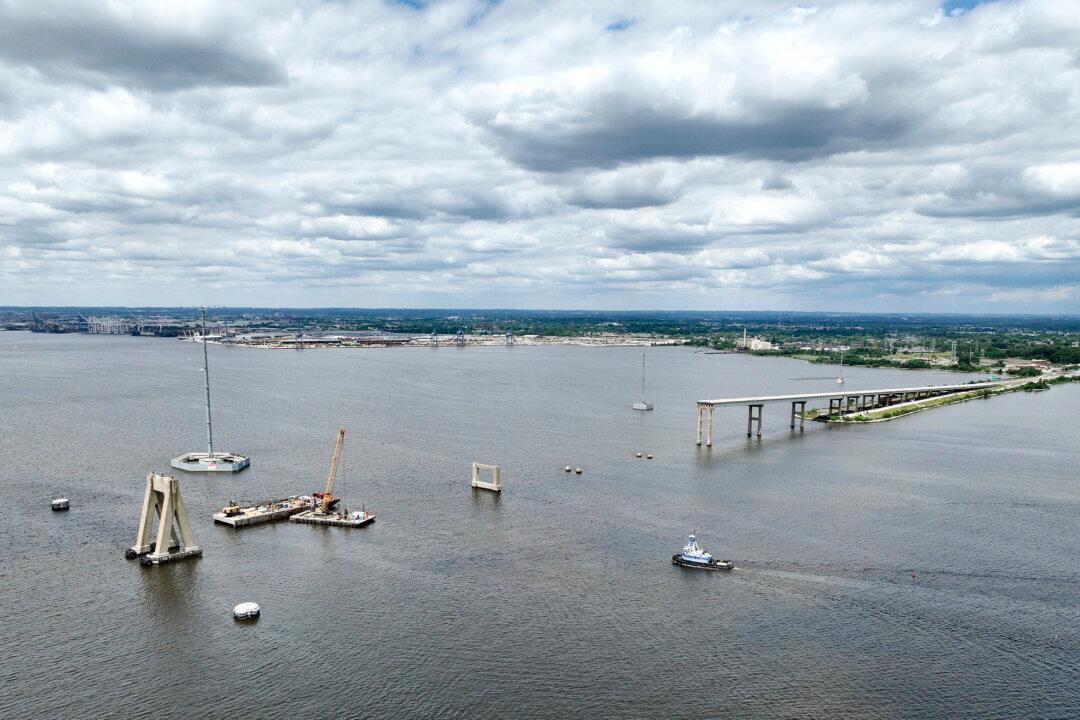The Biden administration, on June 28, submitted a $4 billion emergency funding request to Congress, which includes $3.1 billion for a federal highway disaster relief program to fully pay for rebuilding the Francis Scott Key Bridge in Baltimore and more than $725 million to boost federal disaster responses to the 2023 Maui wildfire and tornado recoveries in Iowa, Nebraska, and Oklahoma.
Biden administration officials, speaking before the request was formally filed in a letter from the director of the Office of Management and Budget, Shalanda Young, to House Speaker Mike Johnson (R-La.), called the request “a refresh” of the president’s October 2023 $106 billion emergency funding package.





